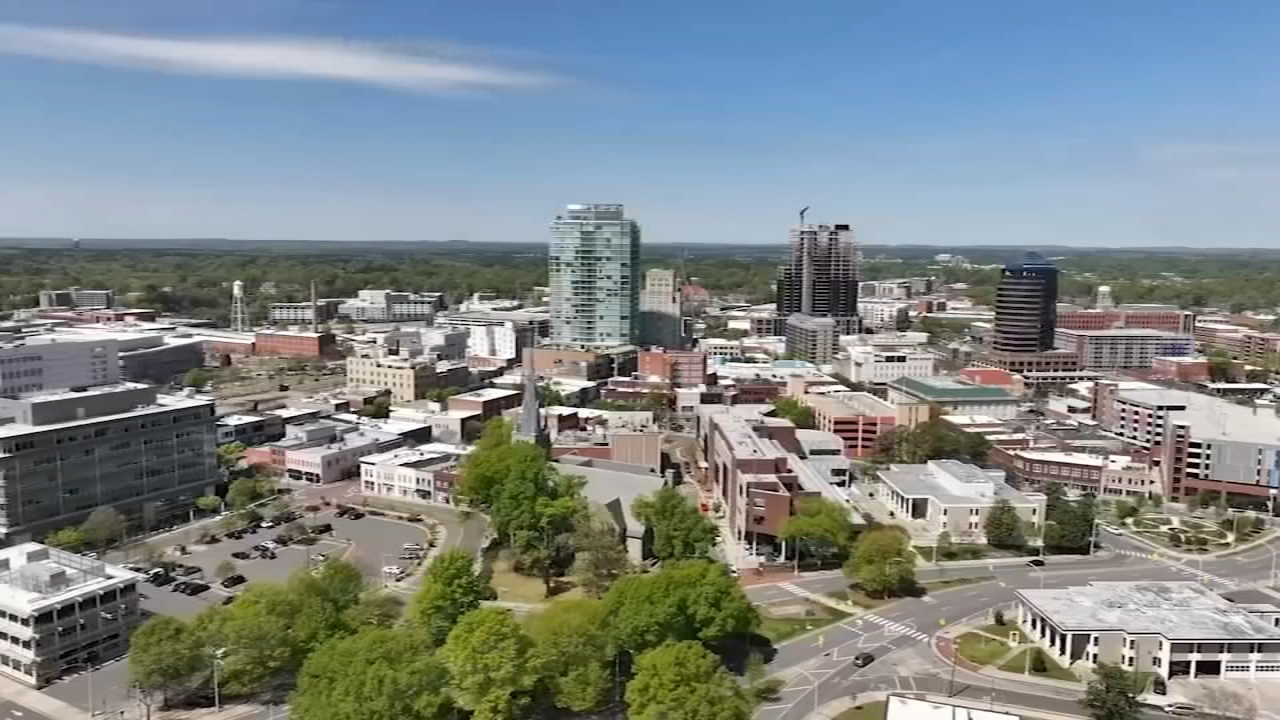'That date sticks in my mind:' Raleigh Holocaust survivors, descendants mark 80 years since Kristallnacht
RALEIGH, N.C. (WTVD) -- Jewish communities around the world on Friday are marking 80 years since Kristallnacht, the organized pogroms that many historians consider the unofficial start of the Holocaust.
The name Kristallnacht, which in German means "Crystal Night", is a reference to the broken glass that littered the streets of Germany and Austria on November 9-10, 1938.
"That date sticks in my mind," Abe Piasek, a Holocaust survivor living in Raleigh, told ABC11. "How could an intelligent people, like the German people, do things like that?"

At 89 years young, Piasek is both a relic of the past and a rarity; by some estimates, there are fewer than 100,000 survivors still living, and a much smaller number with the energy and eloquence to tell their stories.
"The Jewish people were the scapegoat and we should never forget that something like this could happen, and it's a possibility if we are not vigilant it could happen again," he said.
According to the U.S. Hololocaust Memorial Museum, the Kristallnacht riots destroyed 267 synagogues throughout Germany, Austria, and the Sudetenland, and Nazi officials directed local police and fire departments to restrict their responses unless the fires threatened other buildings. Nazi supporters also shattered shop windows of an estimated 7,500 Jewish-owned commercial establishments and looted their wares.
By November 11, 91 Jews were killed and more than 30,000 Jews arrested -- the first mass incarceration of Jews in the Holocaust.
Piasek, just a boy at the time, was living in nearby Poland. He remembers listening to reports of Kristallnacht on the radio.
"On the radio, Hitler was speaking, and he was speaking about the Jews - about the Juden - they have no place in Germany or wherever they be. We laughed because we thought there was no way he can do that."
On September 1, 1939, ten months after Kristallnacht, the Nazis would invade Poland and then take over much of the rest of Europe, leading to the mass deportation and murder of six million Jews - one-third of the entire world Jewish population at the time.
Piasek, the only member of his family to survive, was deported in 1940 and was later sent Auschwitz and Dachau. He was liberated by the Americans in 1945 and immigrated to the United States in 1947. Today, Piasek is a great-grandfather and active speaker for the North Carolina Council on the Holocaust.
"After I was liberated, we were talking with the German people about Kristallnacht, and they said we didn't know nothing about it. I said - can't be. They had to hear it because they were living in the city, but they didn't want to admit it."
Another survivor, Gerd Ehrlich, writes about Kristallnacht in his 1945 memoirs: "I took my bike and rode into the city to see the destruction - the largest and most beautiful synagogues."
Ehrlich, a native of Berlin, died in the 1990s. His daughter in Raleigh, Susan, only discovered the memoirs - and her Jewish ancestry - when she was a teenager.
"Had the plan that Hitler had in mind come to fruition, I wouldn't be here," Susan Ehrlich told ABC11. "The survival of my dad, as anyone who survived, they went on and created new generations despite the trauma."
Besides embracing her Jewish identity, Ehrlich says she's also embracing her role as the next witness to her father's legacy.
"This isn't just about Jews. It's about teaching our children to love and not to hate, to teach tolerance and peace."








